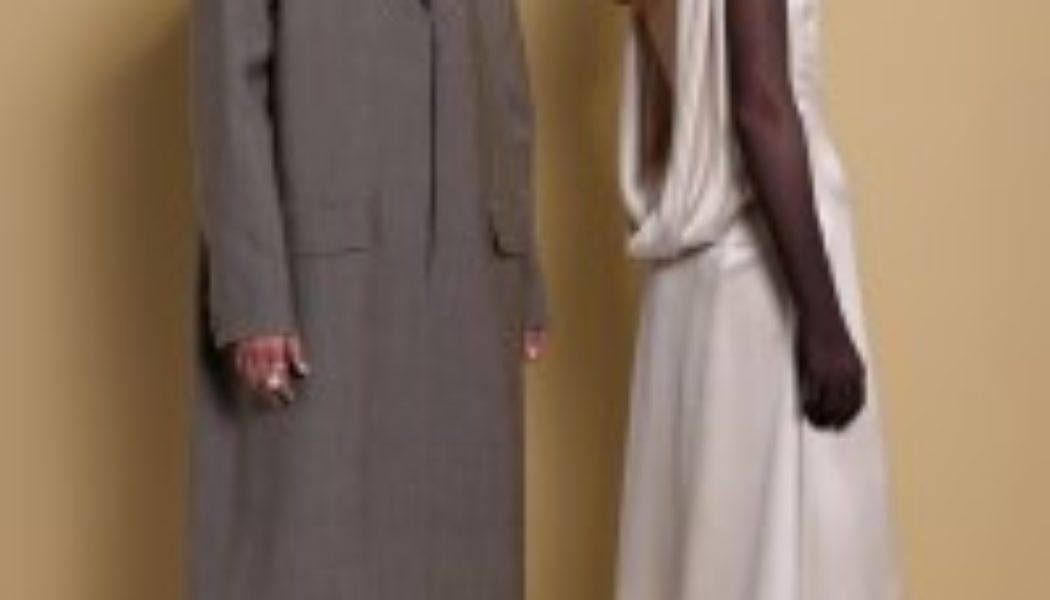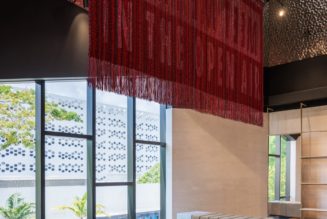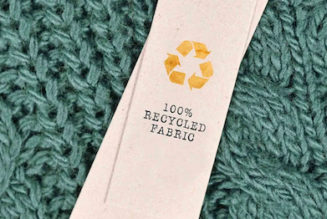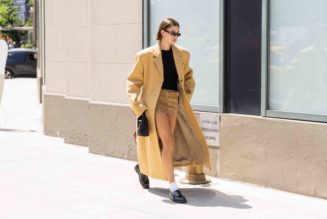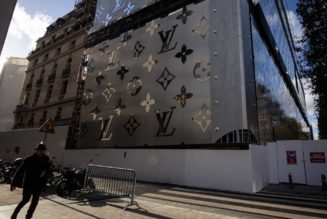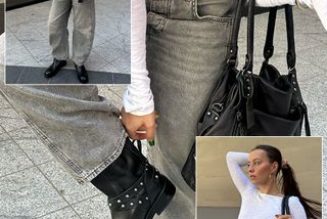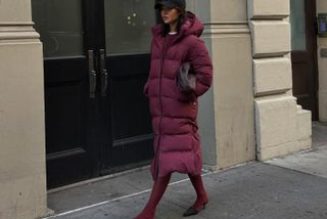Givenchy and its creative director Matthew M. Williams are to part ways after a three-year collaboration, WWD has learned.
His last effort will be the men’s and women’s pre-fall 2024 collections, scheduled to be unveiled in select media in the coming days.
“This change will be effective from January 1, 2024,” Givenchy said in a brief, upbeat statement.
The development underscores a trend for shorter tenures at Europe’s heritage brands, and sets the stage for yet another reinvention at the storied couture house, controlled by luxury giant LVMH Moët Hennessy Louis Vuitton since 1998.
Williams’ departure comes at the end of his initial contract — and only weeks after the American designer forged a business partnership with Hong Kong entrepreneur Adrian Cheng to ramp up development of the designer’s signature brand, 1017 Alyx 9SM. Plans include opening freestanding boutiques and beefing up high-potential categories including jewelry, shoes and accessories.
“Leading the creative direction of Givenchy was, as I said upon my arrival in 2020, the dream of a lifetime,” Williams said in the statement. “Over these three years, I have strived to perpetuate Mr. Hubert de Givenchy’s legacy while bringing my own creative vision and I would like to sincerely thank the studio, Renaud de Lesquen and LVMH for this incredible opportunity.”
De Lesquen, president and chief executive officer of Givenchy, thanked Williams in turn “for all the energy he brought to Givenchy. His collections, resolutely creative and contemporary, have sparked a new dynamic and found their audience. I join everyone who has had the pleasure of working with Matthew in wishing him every success in his next ventures.”
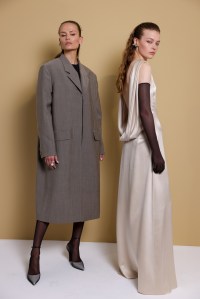
Backstage at Givenchy RTW Spring 2024
Delphine Achard/WWD
Williams was announced as Givenchy’s seventh designer just as the coronavirus pandemic gripped the world. Indeed, he had completed his contract negotiations with LVMH via Zoom and unveiled his first collections during coed showroom presentations, everyone masked and distanced.
He was only able to stage his first runway show for the fall 2021 fashion season, roping in his wide network of music buddies to curate booming soundscapes.
Williams designed couture dresses for certain VIPs, including Jodie Foster and Kendall Jenner, and for a Tiffany & Co. high jewelry show in New York last September, but he did not present any high-fashion collections during Paris Couture Week.
His arrival seemed to thrust Givenchy back into the realm of buzz, cool and cultural urgency that it last enjoyed under Riccardo Tisci, creative director from 2005 to 2017.
Business momentum seemed to pick up recently, largely on the strength of Voyou handbags and Shark Lock boots. But big commercial success and widespread media acclaimed eluded Williams and Givenchy, which has been lagging the explosive growth seen at Loewe and Celine, also part of LVMH Fashion Group.
Williams is widely seen as a driven, versatile fashion talent with a sharp vision, strong cultural and artistic connections, and formidable technical chops. When he joined the French house, he was perhaps best known for his signature roller-coaster buckle and collaborations with the likes of Nike, Moncler, Dior, Stüssy and Audemars Piguet.
At Givenchy, the designer frequently drew inspiration from the founder, and occasionally the Tisci era, but mostly he designed according to garment archetypes with an intense focus on fabrication and finishing. “Evolution” was a word he lobbed frequently when discussing his collections.
He made hardware, especially lock-like closures on tailoring and decorative elements on leather goods, a key thrust of his Givenchy, also injecting his prowess with labor-intensive denim finishes and cutting-edge manufacturing techniques for footwear.
In the statement, Givenchy credited Williams with helping the house to modernize its product range, contributing to “new momentum on the international stage, particularly in the United States and Japan.”
The Chicago-born talent, who worked with Kanye West and Lady Gaga earlier in his career, founded his 1017 Alyx 9SM brand in 2015, and was shortlisted for the LVMH Prize for Young Fashion Designers the following year.
The coed label is known for its industrial-tinged and utilitarian allure, realized with high-quality materials and modern craftsmanship. (The numbers in the brand moniker reference the designer’s birth date and an abbreviation of Williams’ first studio on Saint Mark’s Place in New York City.)
Founded in 1952, Givenchy has seen a string of designers take on the house legacy since the founder retired in 1995, starting with John Galliano, then Alexander McQueen, Julien Macdonald, Tisci and Clare Waight Keller, who also logged a three-year stint.
It is understood Givenchy is at the early stages of its search for Williams’ successor, and that will surely spark a guessing game about who might land the plum, yet challenging, Paris post.
Givenchy noted that the house’s “studio teams” would design future collections “until the announcement of a new creative chapter.”
